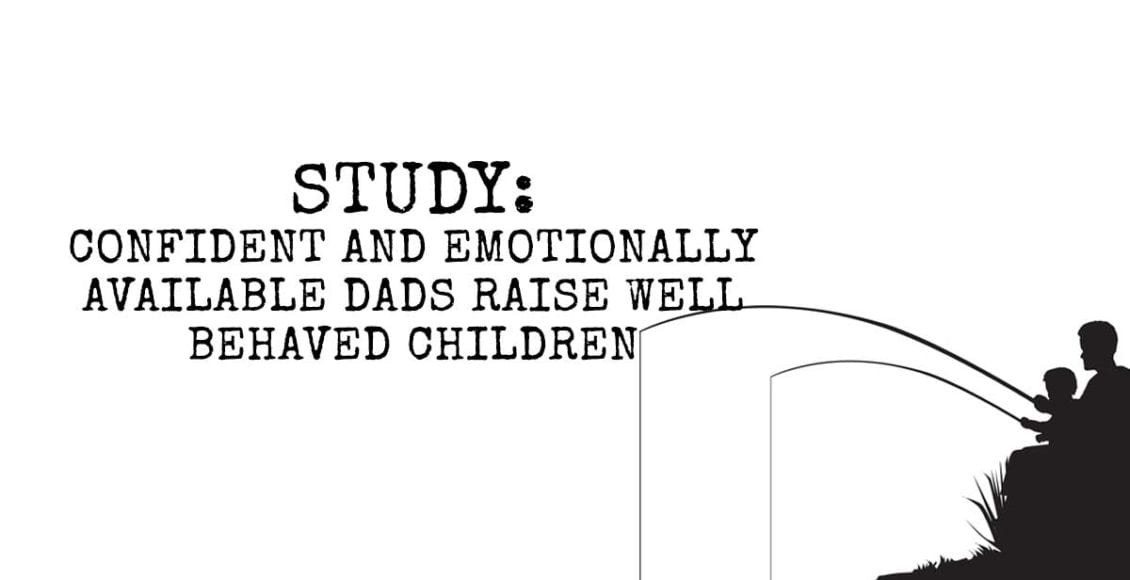“What I really want to tell him is to pick up that baby of his and hold her tight, to set the moon on the edge of her crib and to hang her name up in the stars,” wrote Jodi Picoult.
And what difference would it make if he did?
According to recent research, quite a lot!
A study published in BMJ Open found that a new father’s attitude – toward the concept of fatherhood, his role as a parent, and his adjustment to this new aspect of his identity – can play a major role in his child’s behavioral development. Surprisingly, this positive attitude was proven to be even more important than the father’s involvement in day-to-day tasks such as changing diapers (although I’m sure the two are positively correlated!).
According to this study, children did respond positively to a father’s willingness to engage with them in play, spend time with the family, and complete household chores.
However, none of these factors carried the same impact as a man’s confident attitude towards fatherhood and positive view of himself in this role.
This study was conducted by following nearly 6,500 children who lived with both parents until at least the age of eight months. At the eight week and eight months marks, fathers were asked to share their attitudes toward parenthood and toward themselves as fathers, as well as their contribution to the household chores and the level of joy they found in parenting.
Much later, when the children reached nine and eleven years old, their mothers were asked to evaluate their social skills, level of confidence, and tendency toward boredom or restlessness. The researchers were able to determine conclusively that fathers who reported high levels of confidence and positivity during their child’s infancy raised children with fewer behavioral issues later in childhood.
Other experts in the field of child psychology were quick to support these findings and call for a societal change in how we view a father’s role. “Traditionally, research on child development has been focused on mothers, their parenting and mental health, while fathers’ role is often overlooked,” observed The University of Bristol’s Iryna Culpin. “This, potentially, has significant implications for policy, as well as parenting and health interventions that should encourage fathers’ involvement from early on in infancy and help fathers to become confident, emotionally engaged parents.”
Truly, our society offers mothers plenty of (much needed) opportunities for sharing, support, and connection with one another. Often, we embrace the role as a transformative one and come to regard ourselves as entirely new people. Is it time we encouraged fathers to do the same?


